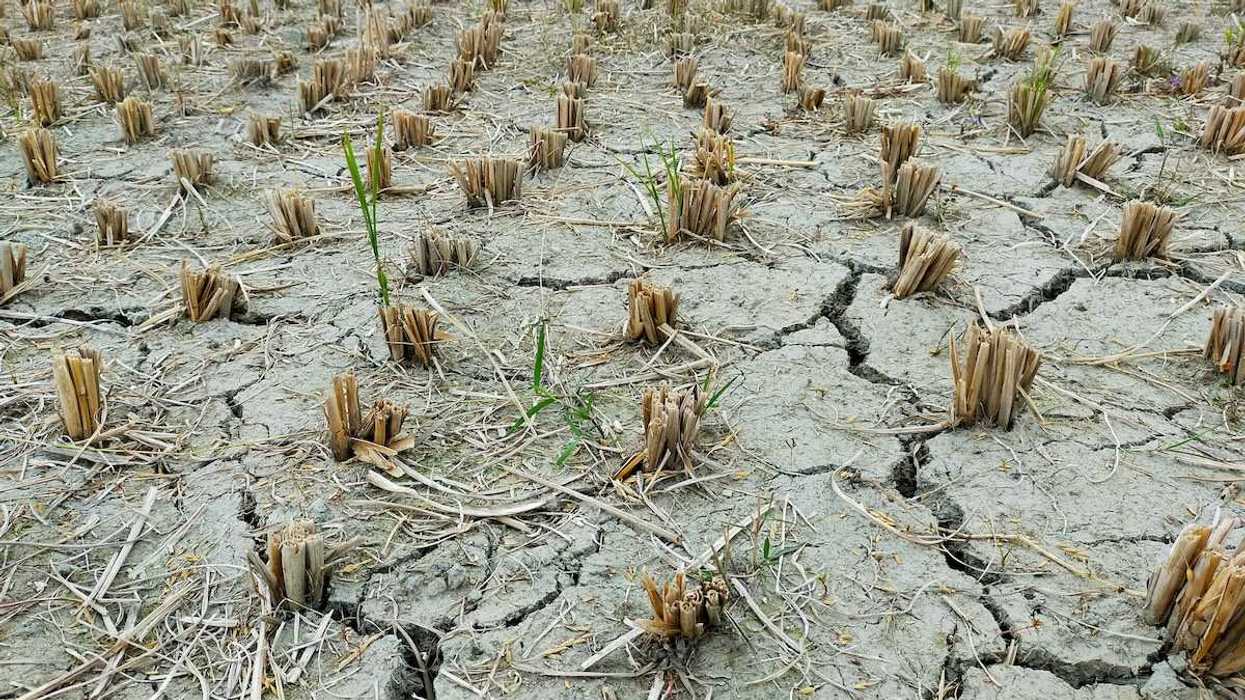A Wisconsin appeals court recently upheld that the state's Department of Natural Resources cannot use the spills law to regulate PFAS, a significant pollutant.
Henry Redman reports for Wisconsin Examiner.
In short:
- A state appeals court confirmed a Waukesha County court's decision, barring the Department of Natural Resources from regulating PFAS under the existing spills law.
- Judges Grogan and Lazar ruled this restriction due to the agency's lack of promulgated rules for such action, amidst environmental and public health concerns.
- Environmental advocates express disappointment but hold onto hope for a reversal by the state Supreme Court, while the regulation stay limits immediate damage.
Key quote:
“While we are disappointed by the court’s decision, we expect it to be appealed, and we are confident that the DNR’s efforts to keep Wisconsin families safe from PFAS contamination will ultimately be vindicated.”
— Rob Lee, an attorney for Midwest Environmental Advocates
Why this matters:
One of the primary difficulties of PFAS regulation is the sheer number of compounds in the PFAS family and the lack of comprehensive data on their health impacts. With thousands of PFAS variants, testing and regulating each compound individually is a daunting task. In addition, the costs associated with removing PFAS from water supplies and the environment are substantial, posing a significant hurdle for both public and private entities.
Be sure to read our 2021 Op-Ed: Former EPA official Jim Jones sets the record straight on 'the forever chemical' as lawmakers take up the PFAS Action Act.














